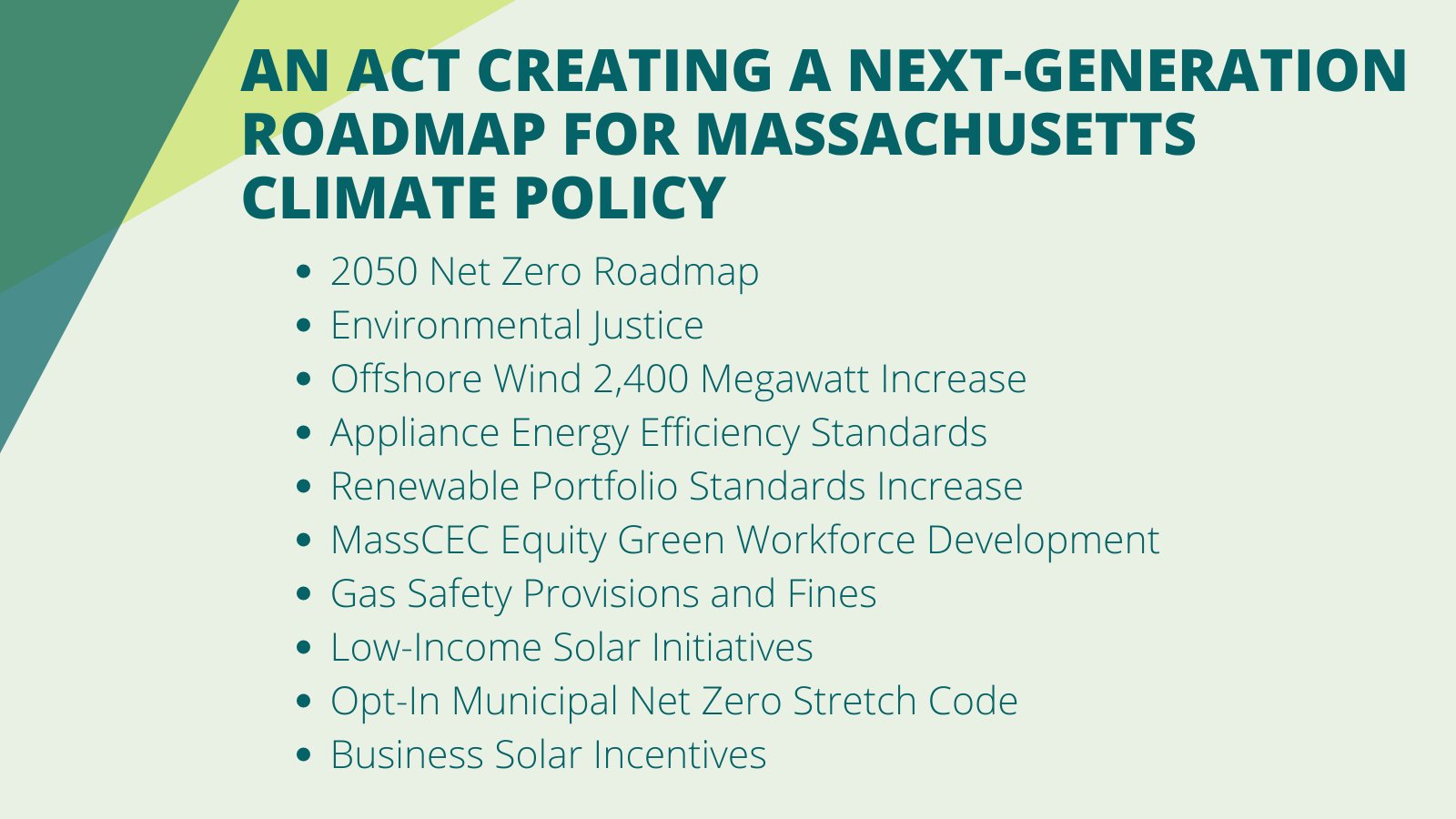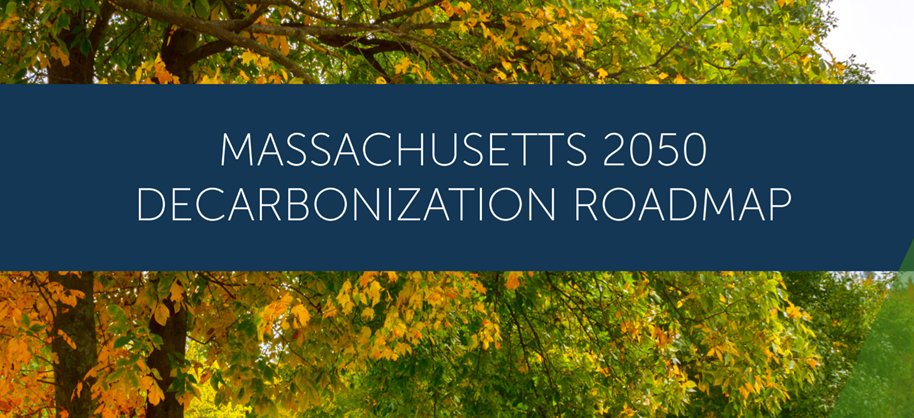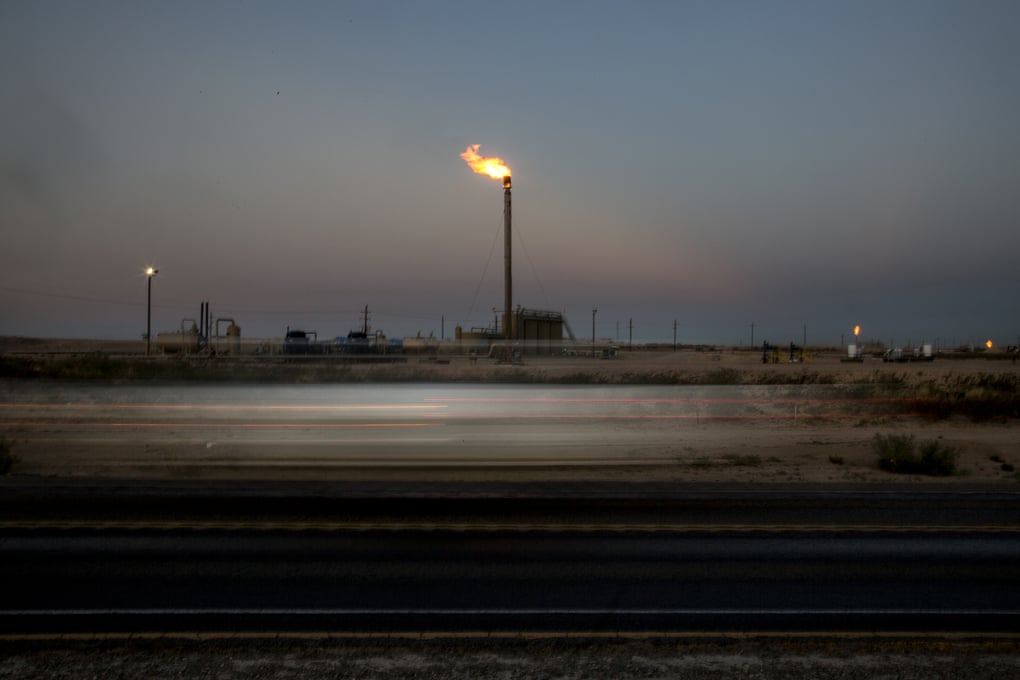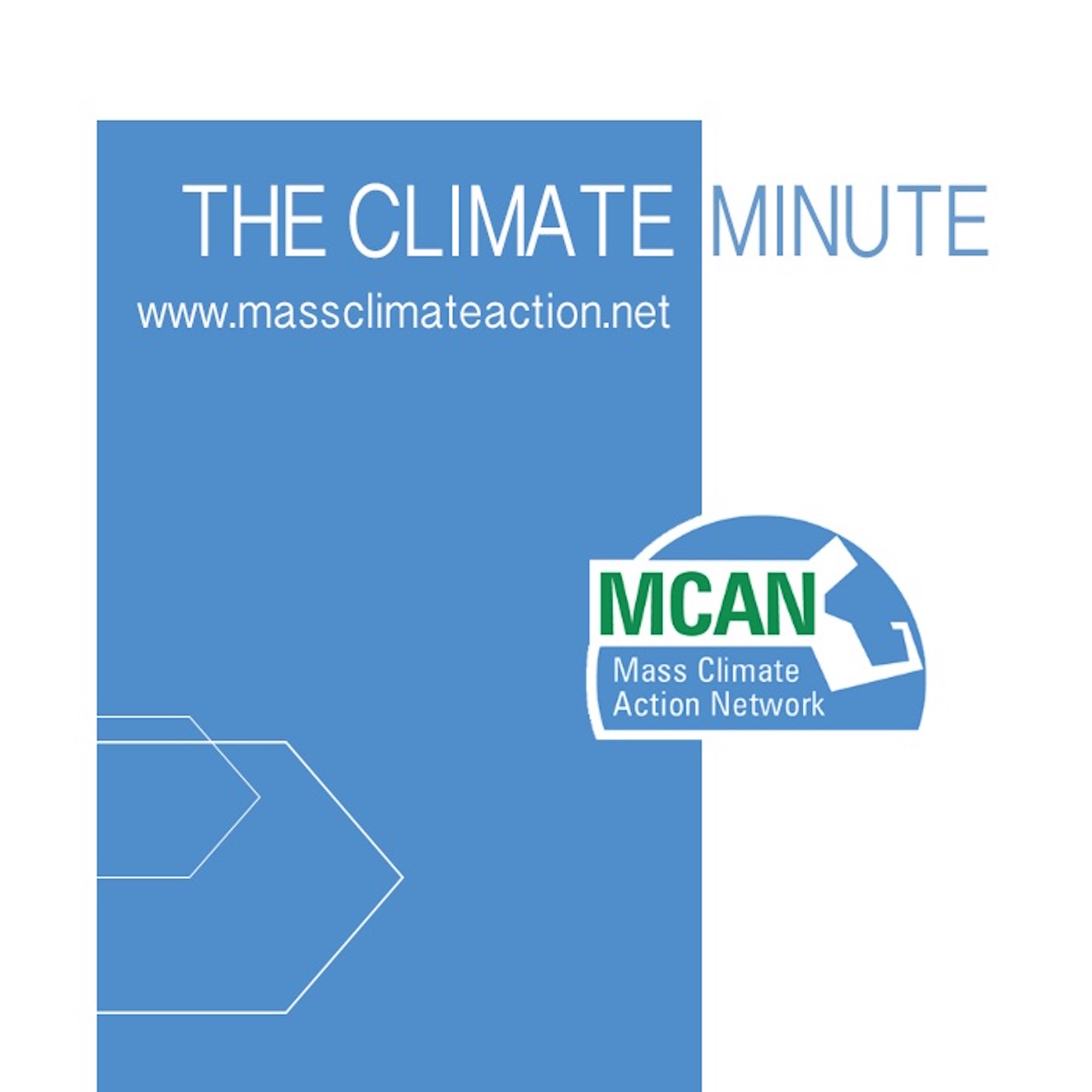"THE BIGGEST DIFFERENCE between Gov. Charlie Baker and the Legislature on climate change legislation comes down to an issue where the two sides don’t seem very far apart at all.
Baker, in his roadmap for getting to net zero emissions by 2050, set a target for 2030 of a 45 percent reduction in emissions below a benchmark level. The Legislature, in the measure it passed at the end of last year’s legislation session, approved a 50 percent reduction. It was a mere 5-point difference, which lawmakers and environmental advocates dismissed as little more than a rounding error, but the Baker administration insisted it was a very big deal.
In his January 14 letter vetoing the legislation, Baker for the first time said those five percentage points would unnecessarily cost state residents $6 billion. Sen. Michael Barrett of Lexington, the Senate’s point person on climate change, said he had never heard the number before, and hinted it might have been made up. Environmental advocates were also dismissive. House Speaker Ron Mariano and Senate President Karen Spilka say they are determined to send the bill back to the governor as is.
Now, Kathleen Theoharides, the governor’s secretary of energy and environmental affairs, is explaining where the number came from and why the difference between 45 percent and 50 percent is so substantial. "
Continue reading the article online https://commonwealthmagazine.org/environment/theoharides-explains-6b-cost-figure/










